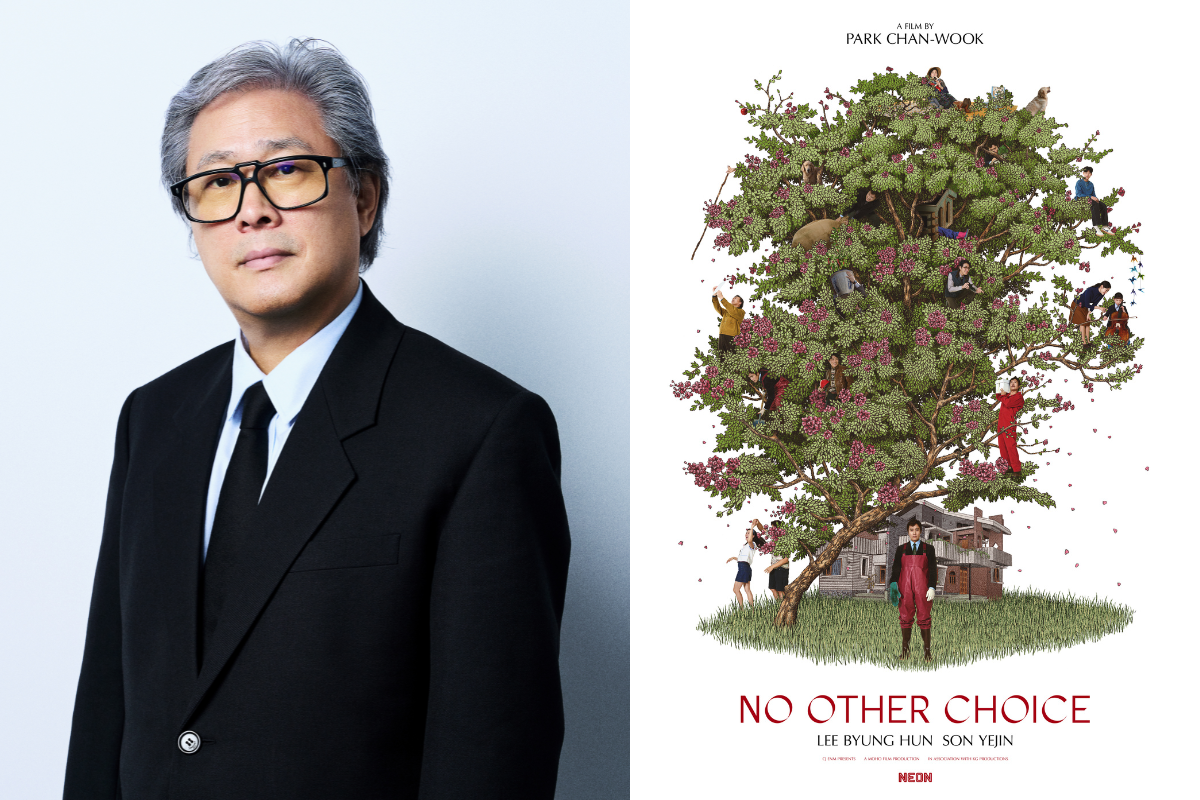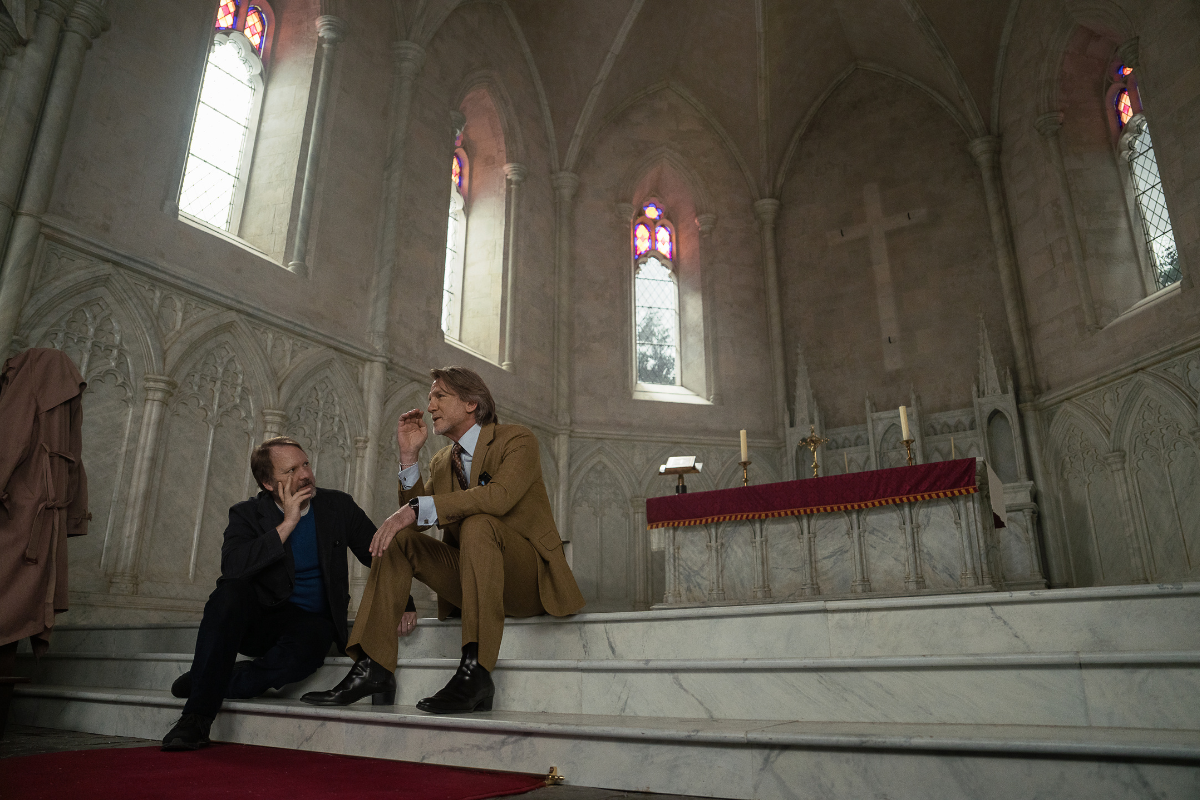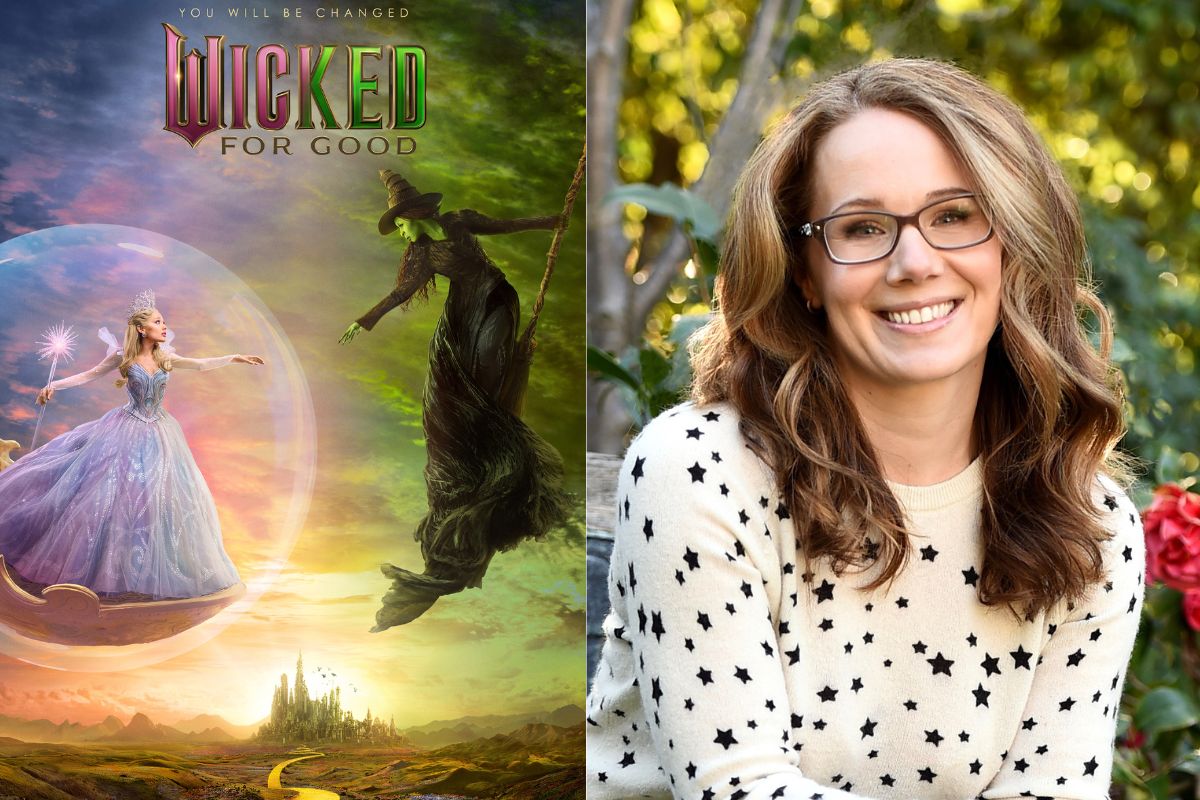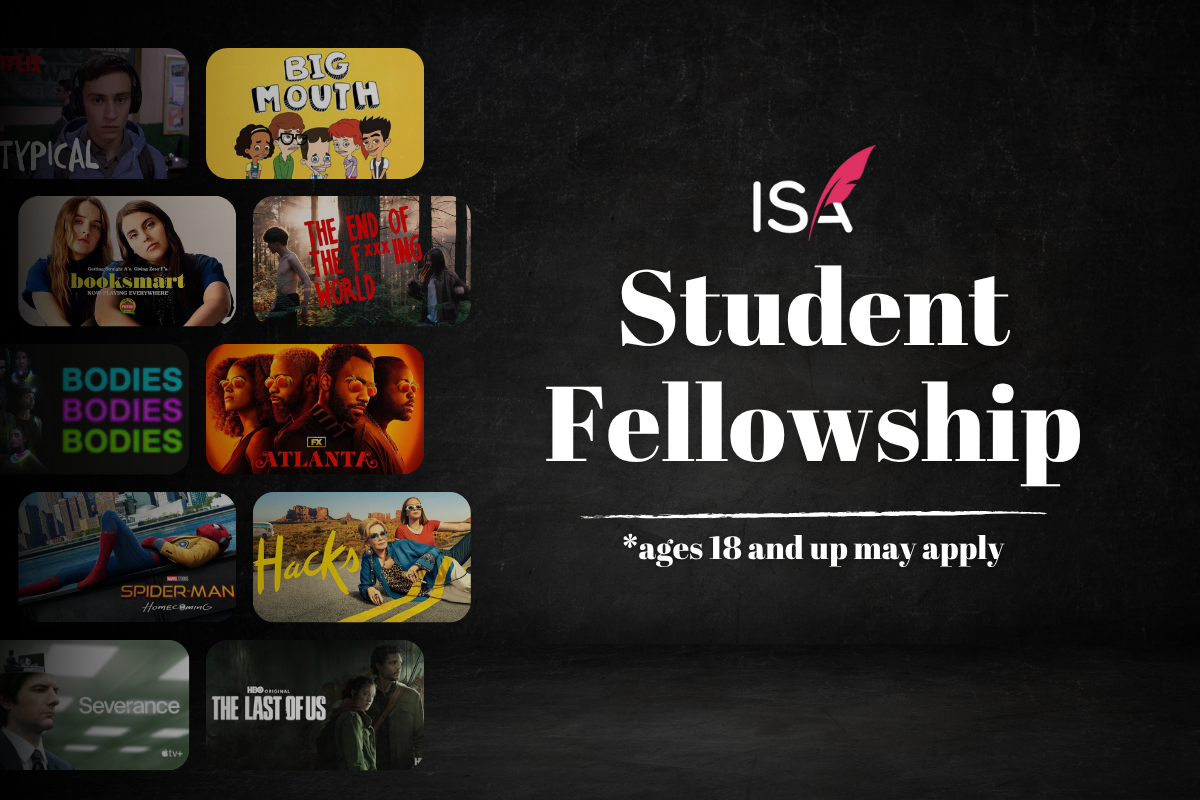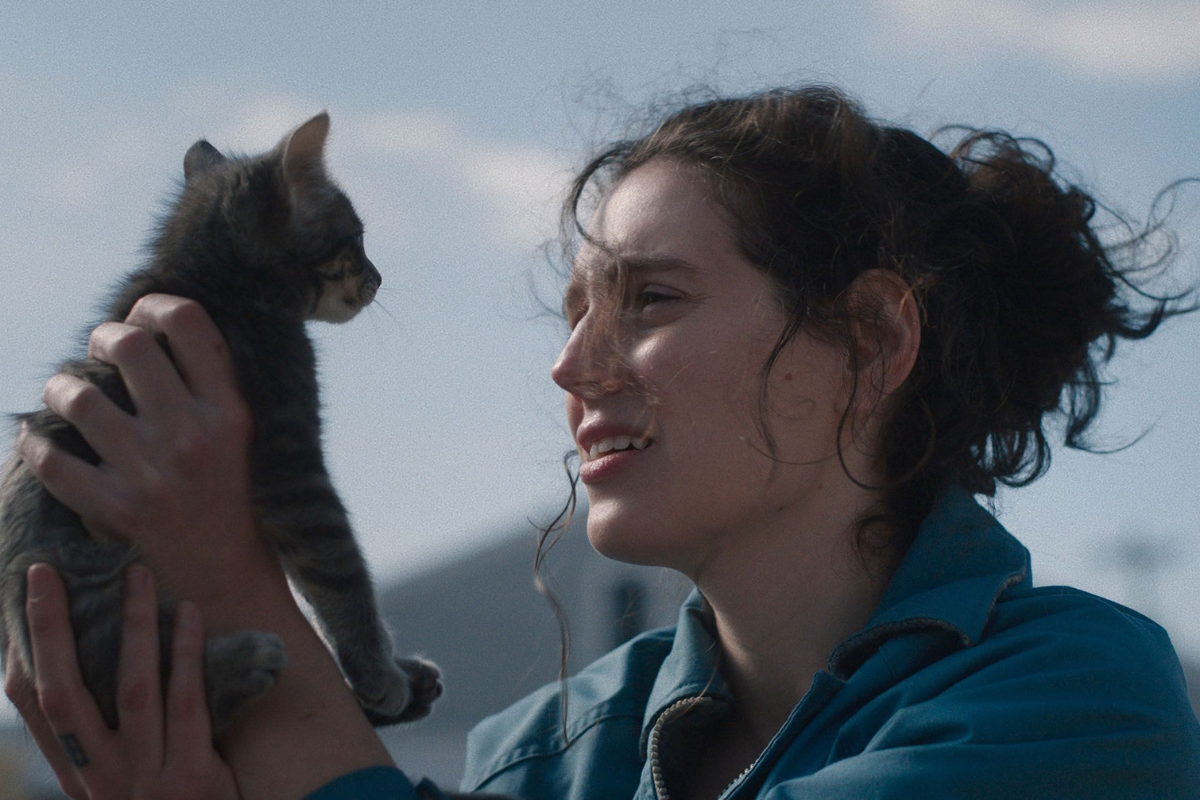Religion Battles Rap in Muslim Punk Rock Drama
The Taqwacores explores the battle many young people have when embracing American culture while trying to hold onto the expectations of their ancestors. Script sat down with co-writer and director, Eyad Zahra to find out how he navigated the delicate world of old versus new.
When a Pakistani engineering student moves in with a group of punks in Buffalo, New York, his Muslim faith is tested. A new way of looking at life becomes not only a passion but a threat in The Taqwacores, a feature film showcased at Sundance and South by Southwest film festivals. Eyad Zahra directed the film that he co-wrote with novelist Michael Muhammad Knight, who authored the book of the same name. The Taqwacores explores the battle many young people have when embracing American culture while trying to hold onto the expectations of their ancestors. Script sat down with Zahra to find out how he navigated the delicate world of old versus new.
SCRIPT: What drew you to the novel?
EYAD ZAHRA: In the indie film world, it’s hard to get the opportunity to adapt something. Michael Knight wrote the novel, and it was published in 2004. I connected with him in 2007. We agreed to work together. He was co-screenwriter and co-producer. It was a collaboration between him and I. Basically, this novel had an incredible voice and would lend itself for a great low budget film. In every sentence, you could understand the context of the scene, even with the different languages. We kept all that in the film. We didn’t subtitle anything. If you stripped away words, like "Inshalla" (which means God willing) for instance, it wouldn’t be the same. Muslims say that in every other sentence, sometimes. We never went out of our way to explain it. You don’t want to understand every single word that’s said.
SCRIPT: How was the film received at Sundance?
EZ: It was received really well. You hope that when you make any film, you get to the best festivals, but you never know. Especially us. We had something so different. It was bizarre, in a good kind of way. Sometimes people don’t take bizarre. If you didn’t get the punk world and talking about Islam from a different kind of perspective, you might not get this. Sundance was beyond our expectations. But it was great. People got it.
SCRIPT: What was it like working with a novelist on a screenplay?
EZ: He had never written a screenplay before. This was new territory for him. We thought, Mike will just write it. I came on later, because of production, but originally, we were shopping it around. At that level, you write it a little bit bigger. It’s a bigger universe when you’re dealing with bigger money. When that changed, that’s when I became involved. Mike wasn’t only adapting it. For him, that was a boring chore. He wanted to reinvent the story and change it. He wanted to change it more than I did. I wanted to be very strict with the book. To me, the book was sacred. He’s more comfortable doing things differently. The final script was something that was done in a way that the spirit and soul of the novel were there. It was tough, though, it was definitely a thing when you challenge the author, you’re challenging the god of the universe. Mike was very understanding of the reality of making the film. There are things that we simply could not do. He was willing to say, this can work. There were a few points that got heated, but I couldn’t imagine making the film without him. It was intense, exciting and fun – all the things you want a collaboration to be.
SCRIPT: What’s it like to deal with the topic of religion and rap music in the Muslim world?
EZ: In any religion, when you deal with the orthodox, there are strict rules. Some say, only drums and percussions are acceptable. No string instruments. Music is seen as a distraction. It’s something that takes you way from your spirituality. That’s the point of making this film, to explore that and so many other ideas. We’re not here to change the rules of Islam, but it’s up to the individual to interpret them. There are Muslims who say music is acceptable and others who say it is not.
SCRIPT: What’s at stake for your main character?
EZ: Ultimately, this is an internal struggle. Most American Muslims aren’t figuring out that religion isn’t going to change things directly. For him, the thing at stake is peace of mind. Sometimes in a film, they demand more -- to be as one dimensional as possible. In the beginning of the film, he makes a phone call. It happens four times, at each quarter mark of the film. In the beginning, he’s very close to his parents. By the end of the film, his conversation is different. He cuts off his dad and shows a bit of disobedience. It’s still polite how he does it, but he hangs up on his dad quickly. The point is, it’s an internal change. It’s hard to show that in a film.
SCRIPT: Are you self-proclaimed punk?
EZ: In many ways, my ideology is very punk. I wouldn’t have associated myself with that before. Punk can be very abused in films. Punk is the way you see the world. Ultimately, people who respond to the film really well understand this. Most people in the real world aren’t going to throw on the Mohawk, but they are going to feel different if they go through a challenge like this when coming of age.
Eyad Zahra is managed by Sammy Montana at Anarchy Management.



